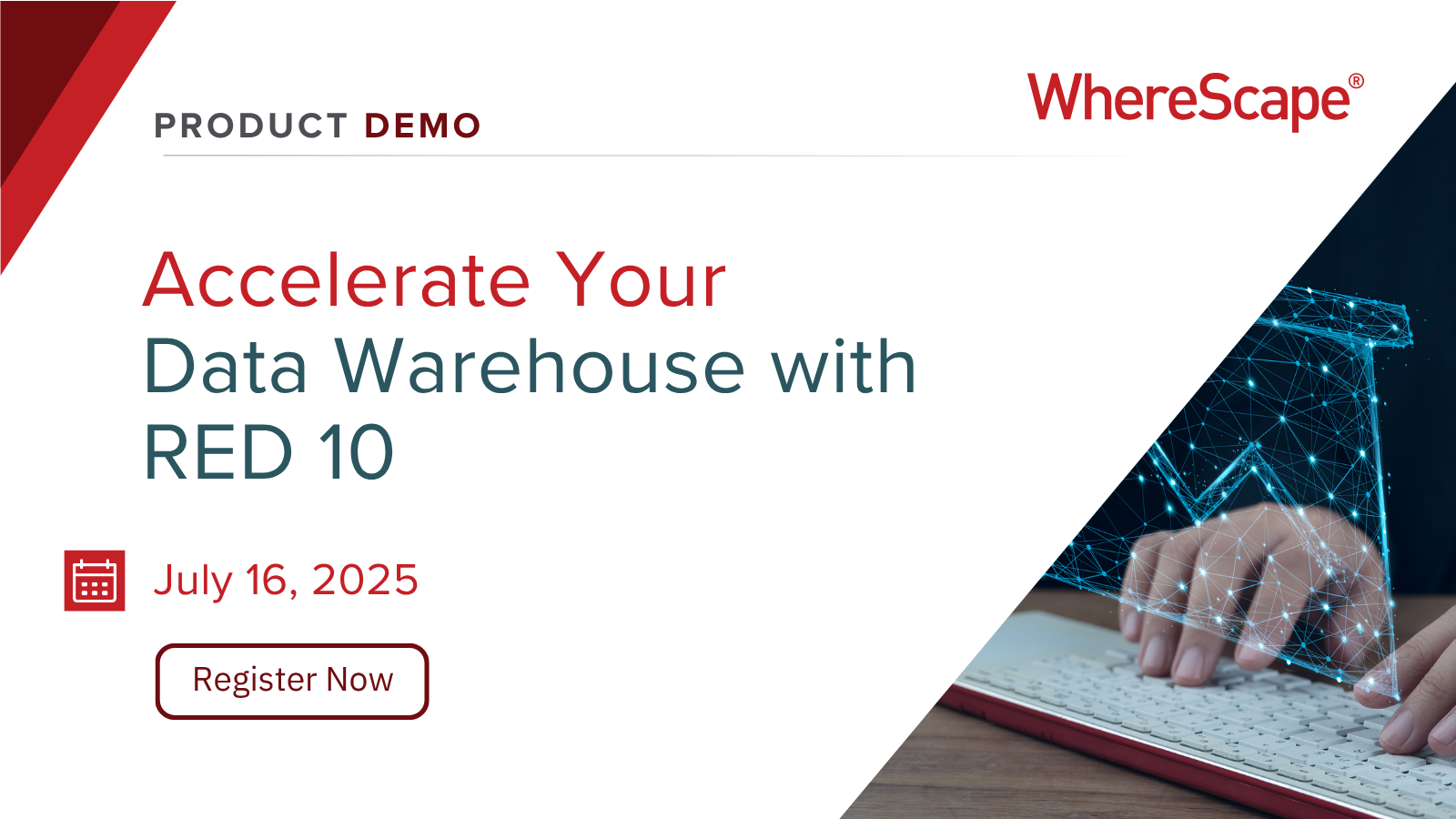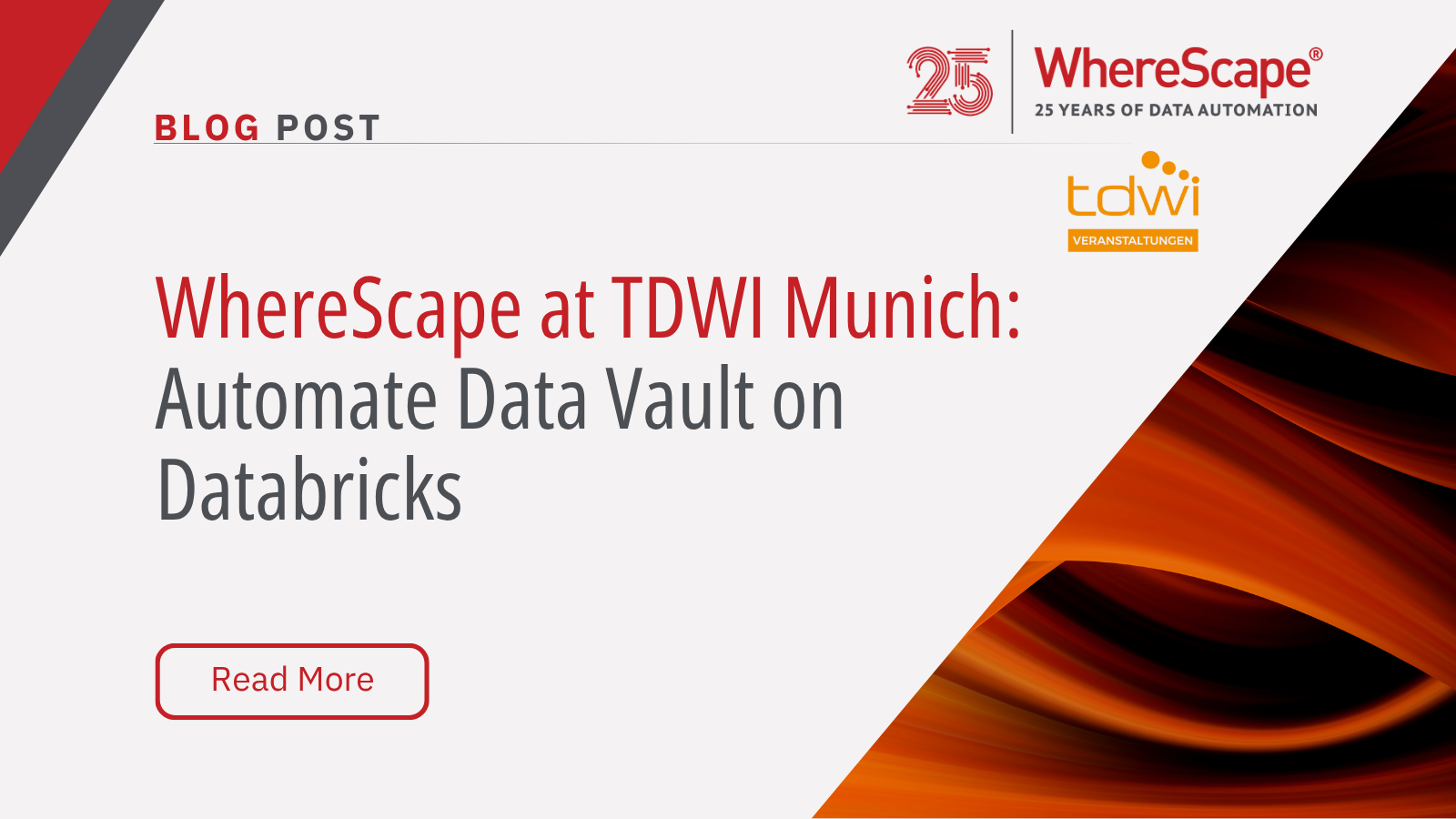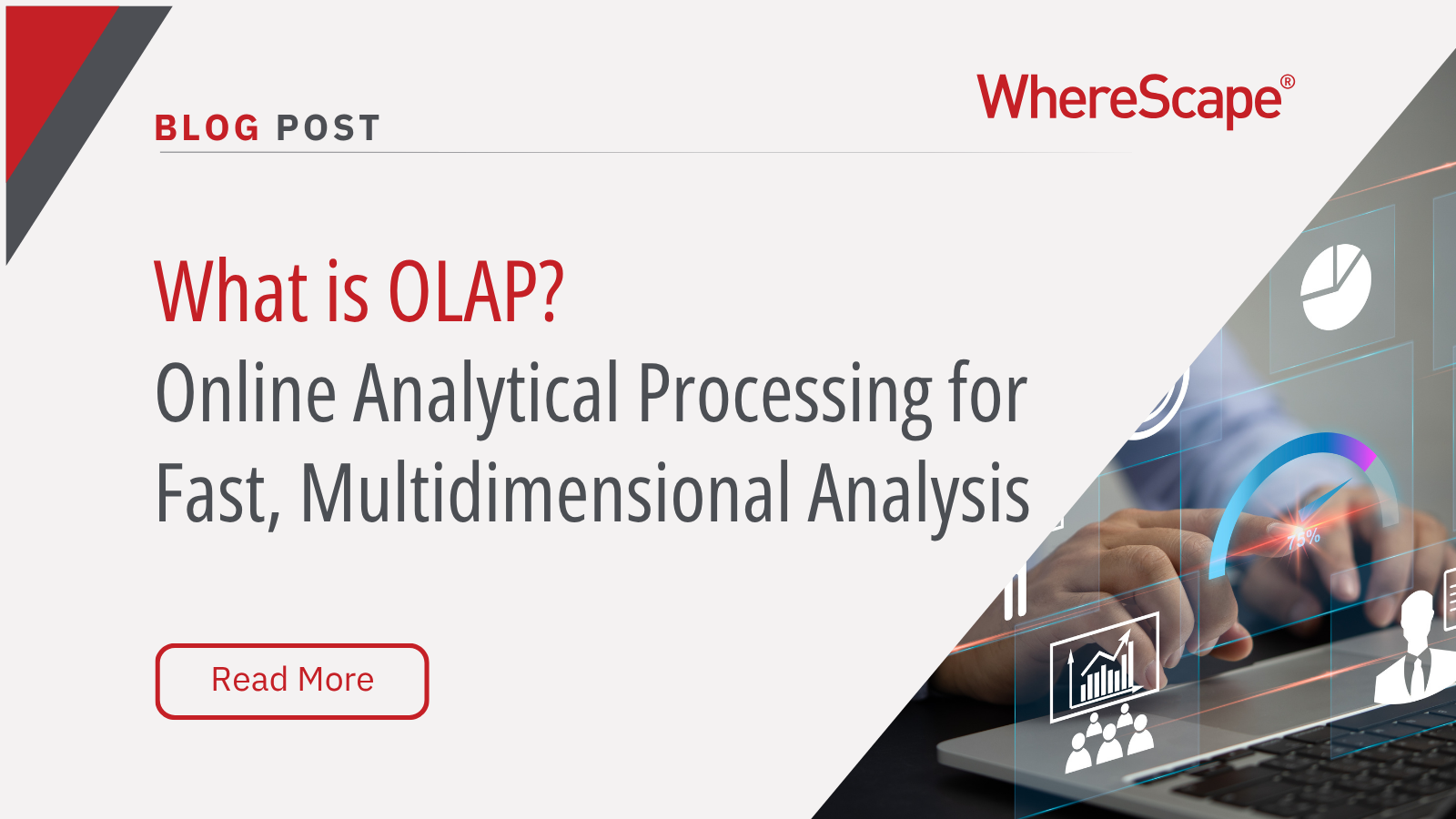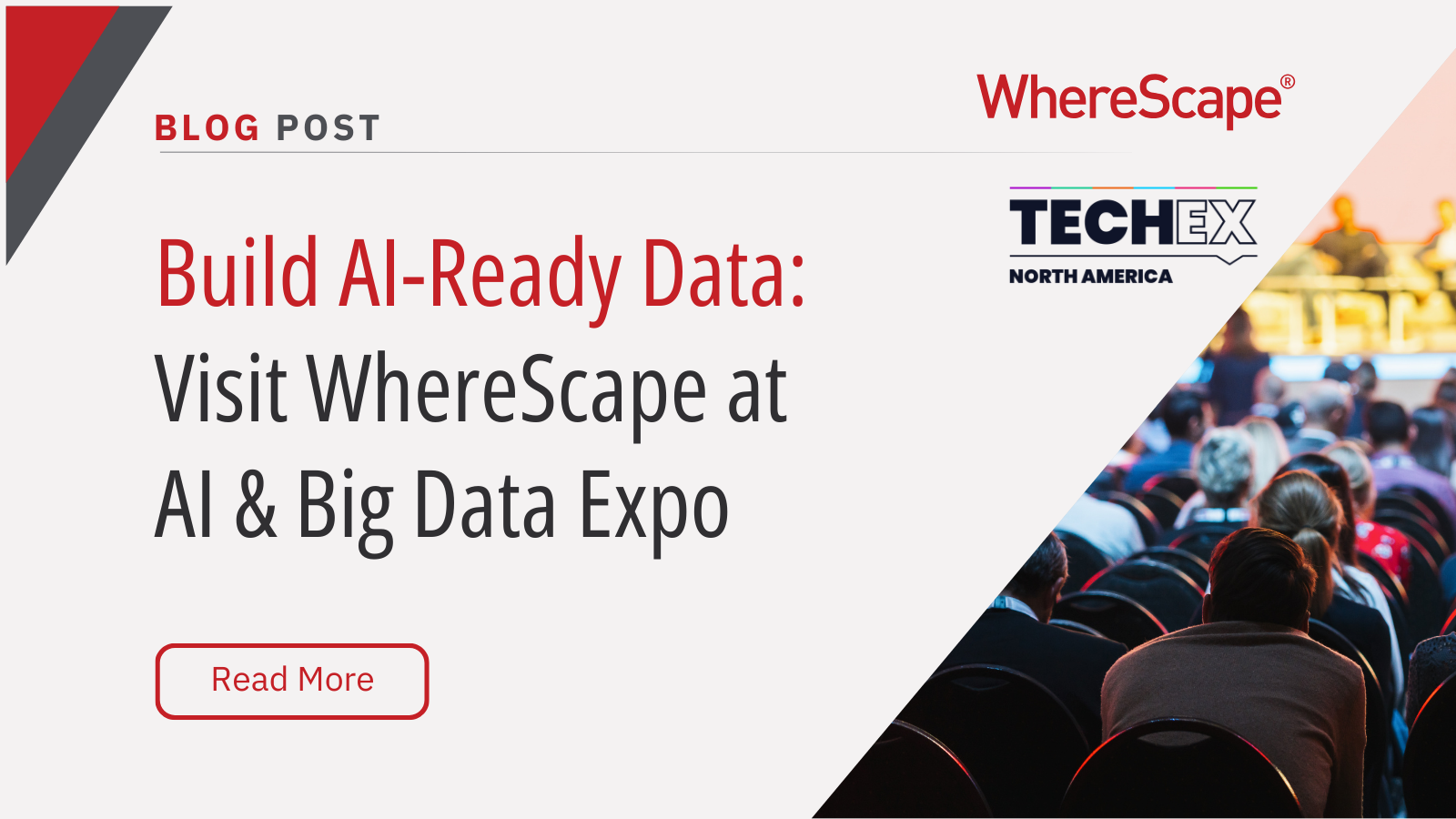Tune in for a free, live virtual hands-on lab...
What is Data Vault?
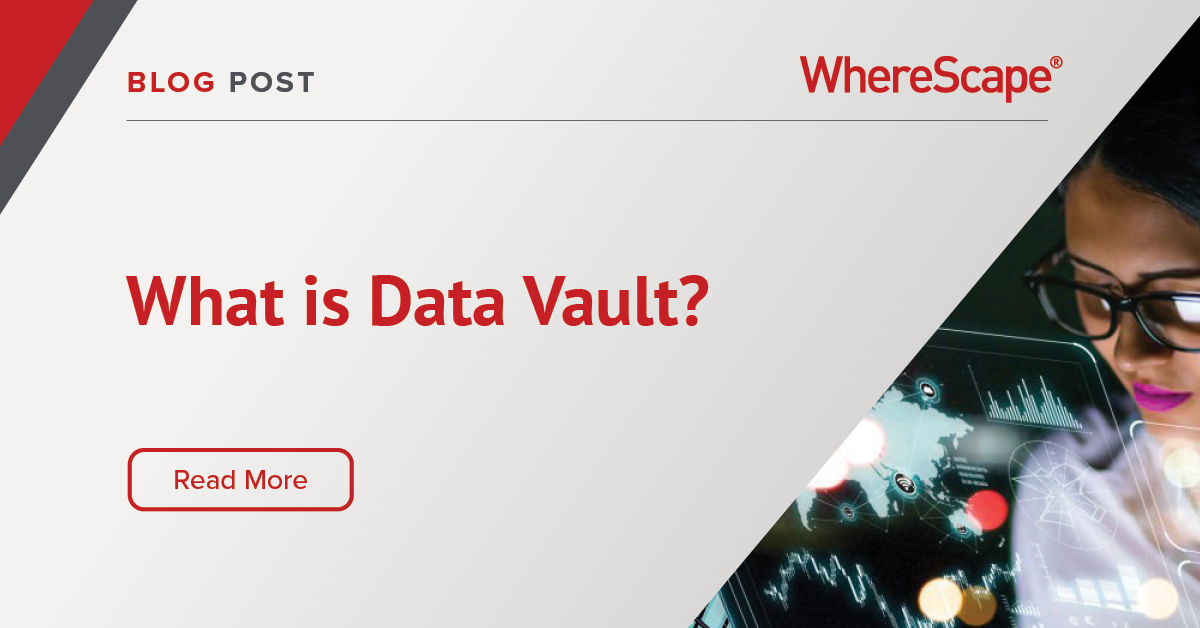
In simple terms, a Data Vault is an agile system of business intelligence built to solve inadequacies in the Data Warehouse. Data Vault is one of the most popular methodologies when it comes to developing and maintaining a Data Warehouse.
What is Data Vault Modeling?
Data Vault puts an emphasis on collaboration and “responding to change”. Other methodologies such as 3NF and Dimensional modeling address the data but they fail to address the people and technology that impact data warehouses.
Data Vault embraces the ever-changing technology environment. Data Vault is built to be a “living fabric” across Cloud and on-premises databases. It amalgamates sources from multiple geo-locations in a combination of real-time and big data formats.
Data Vault Benefits
1. Adaptability
Data Vault is made to scale. If there’s a change in your data warehouse, Data Vault is built for change. It has the ability to adapt to change without re-engineering. Traditional data models could take months to adapt to changes within the data warehouse. No additional work is required when adding information to the core data warehouse.
2. Near Real-time Data
Data Vault is built to handle the scale of terabytes to petabytes of information. Companies that are ready for a Big Data solution can highly benefit from a Data Vault solution. This is thanks to its ability to cypher and have near real-time loads of data. This is due to the construction efficiency of the Data Vault methodology. It serves data inquiries faster than other methodologies.
3. Documentation
Data Vault makes it easier to trace the history of development. When you need to track changes, there’s less of a need to find the specific developer who made the change. The Data Vault is constructed to where the changes can easily be historically tracked.
Data Vault 2.0
Data Vault 2.0 combined with WhereScape technologies, dramatically cuts the time to develop Data Vault-based analysis solutions with built-in automation, wizards, patterns, models and templates. This can lead to the delivery of Data Vault-based solutions in hours and days as opposed to months and years.
Data Vault Express
WhereScape Data Vault Express reduces the risk of failure by getting your project to production faster with higher quality and consistency of data. WhereScape does this through automating the design, development, deployment and operation of enterprise Data Vaults. This includes building hubs, satellites, and links, in addition to automatically managing metadata attributes such as load date and record source. All while generating uniform and optimized code native to your target platform.
As well as creating the Data Vault tables, Data Vault Express creates the supporting objects, which often grow to a very large number as you increase the functionality of the Data Vault. This is one of the many reasons this modeling approach cannot be effectively managed with manual processes. For Data Vault, an automation tool is not just a nice to have – as it was often perceived to be with dimensional modeling – it provides essential support both during implementation and day-to-day/ongoing management.
WhereScape Data Automation
WhereScape eliminates the risks in data projects and accelerates time to production to help organizations adapt better to changing business needs. Book a demo to see what you can achieve with WhereScape.
WhereScape at TDWI Munich: Automate Data Vault on Databricks
WhereScape at TDWI Munich 2025: Automate a Full Data Vault on Databricks in Just 45 Minutes June 24–26, 2025 | MOC Munich, Germany As data complexity grows and business demands accelerate, scalable and governed data architectures are no longer optional—they're...
What Is OLAP? Online Analytical Processing for Fast, Multidimensional Analysis
Streamline your data analysis process with OLAP for better business intelligence. Explore the advantages of Online Analytical Processing (OLAP) now! Do you find it challenging to analyze large volumes of data swiftly? A Forrester study reveals that data teams spend...
Build AI-Ready Data: Visit WhereScape at AI & Big Data Expo
June 4–5, 2025 | Booth 202 | Santa Clara Convention Center As organizations scale their artificial intelligence and analytics capabilities, the demand for timely, accurate, governed, and AI-ready data has become a strategic priority. According to Gartner, through...
Automating Star Schemas in Microsoft Fabric: A Webinar Recap
From Data Discovery to Deployment—All in One Workflow According to Gartner, data professionals dedicate more than half of their time, 56%, to operational tasks, leaving only 22% for strategic work that drives innovation. This imbalance is especially apparent when...
What is a Data Model? How Structured Data Drives AI Success
What is a data model? According to the 2020 State of Data Science report by Anaconda, data scientists spend about 45% of their time on data preparation tasks, including cleaning and loading data. Without well-structured data, even the most advanced AI systems can...
ETL vs ELT: What are the Differences?
In working with hundreds of data teams through WhereScape’s automation platform, we’ve seen this debate evolve as businesses modernize their infrastructure. Each method, ETL vs ELT, offers a unique pathway for transferring raw data into a warehouse, where it can be...
Dimensional Modeling for Machine Learning
Kimball’s dimensional modeling continues to play a critical role in machine learning and data science outcomes, as outlined in the Kimball Group’s 10 Essential Rules of Dimensional Modeling, a framework still widely applied in modern data workflows. In a recent...
Automating Data Vault in Databricks | WhereScape Recap
Automating Data Vault in Databricks can reduce time-to-value by up to 70%—and that’s why we hosted a recent WhereScape webinar to show exactly how. At WhereScape, modern data teams shouldn't have to choose between agility and governance. That's why we hosted a live...
WhereScape Recap: Highlights From Big Data & AI World London 2025
Big Data & AI World London 2025 brought together thousands of data and AI professionals at ExCeL London—and WhereScape was right in the middle of the action. With automation taking center stage across the industry, it was no surprise that our booth and sessions...
Why WhereScape is the Leading Solution for Healthcare Data Automation
Optimizing Healthcare Data Management with Automation Healthcare organizations manage vast amounts of medical data across EHR systems, billing platforms, clinical research, and operational analytics. However, healthcare data integration remains a challenge due to...
Related Content
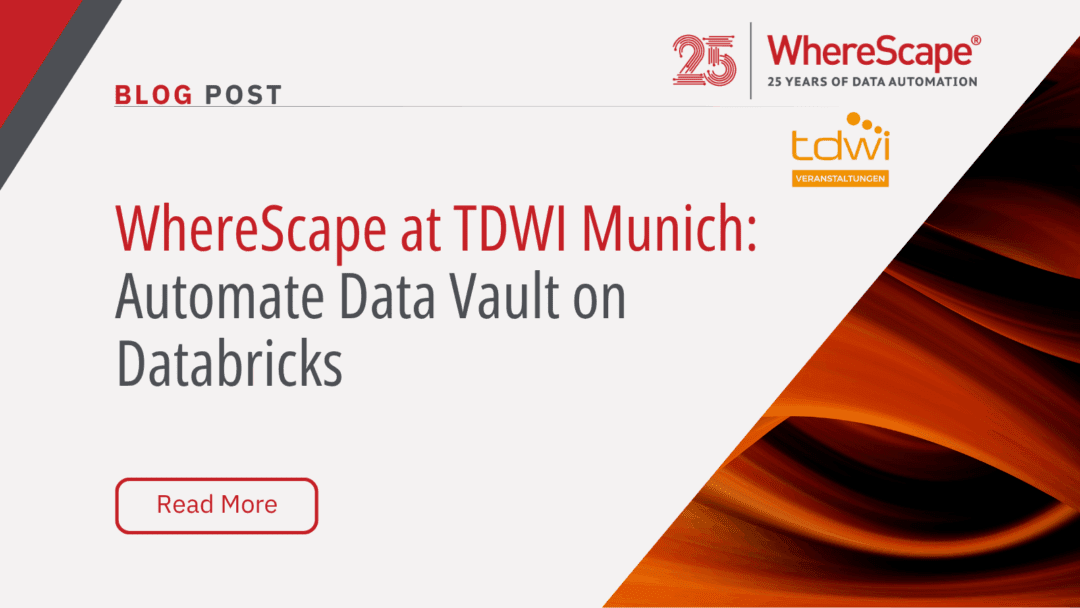
WhereScape at TDWI Munich: Automate Data Vault on Databricks
WhereScape at TDWI Munich 2025: Automate a Full Data Vault on Databricks in Just 45 Minutes June 24–26, 2025 | MOC Munich, Germany As data complexity grows and business demands accelerate, scalable and governed data architectures are no longer optional—they're...
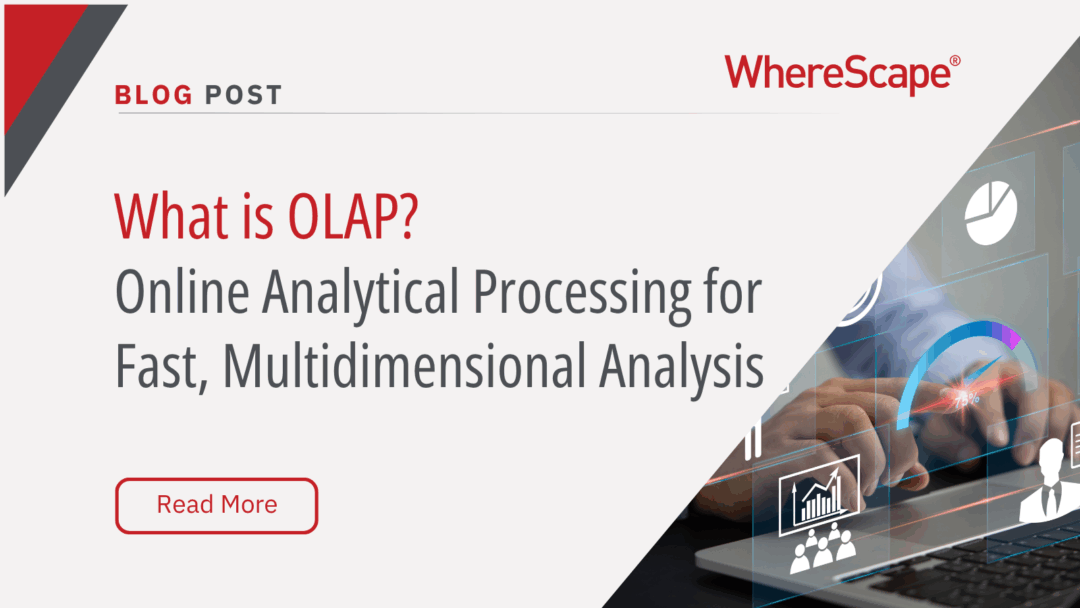
What Is OLAP? Online Analytical Processing for Fast, Multidimensional Analysis
Streamline your data analysis process with OLAP for better business intelligence. Explore the advantages of Online Analytical Processing (OLAP) now! Do you find it challenging to analyze large volumes of data swiftly? A Forrester study reveals that data teams spend...
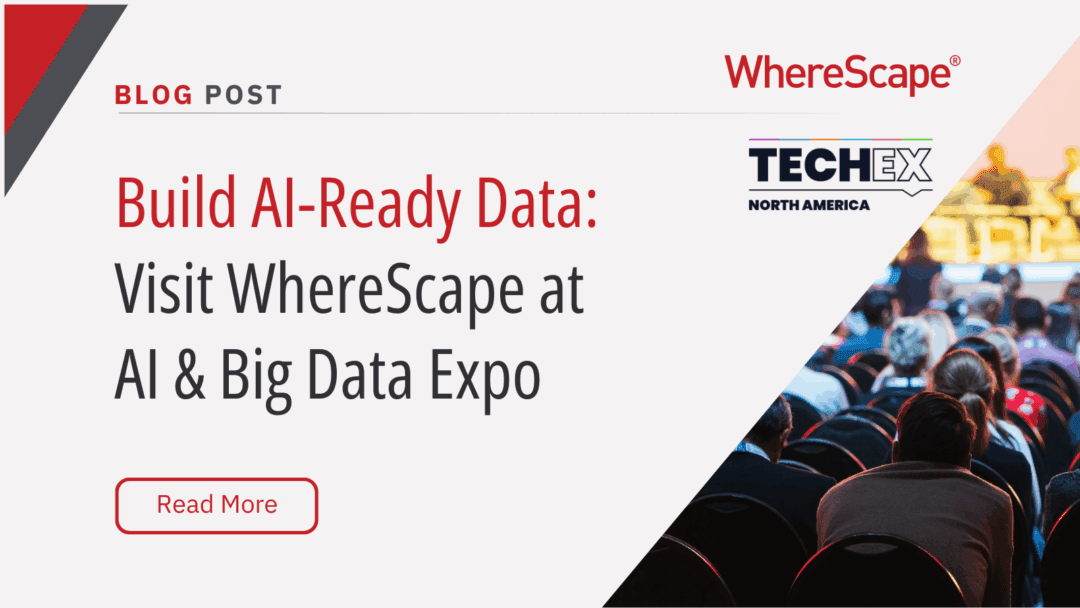
Build AI-Ready Data: Visit WhereScape at AI & Big Data Expo
June 4–5, 2025 | Booth 202 | Santa Clara Convention Center As organizations scale their artificial intelligence and analytics capabilities, the demand for timely, accurate, governed, and AI-ready data has become a strategic priority. According to Gartner, through...
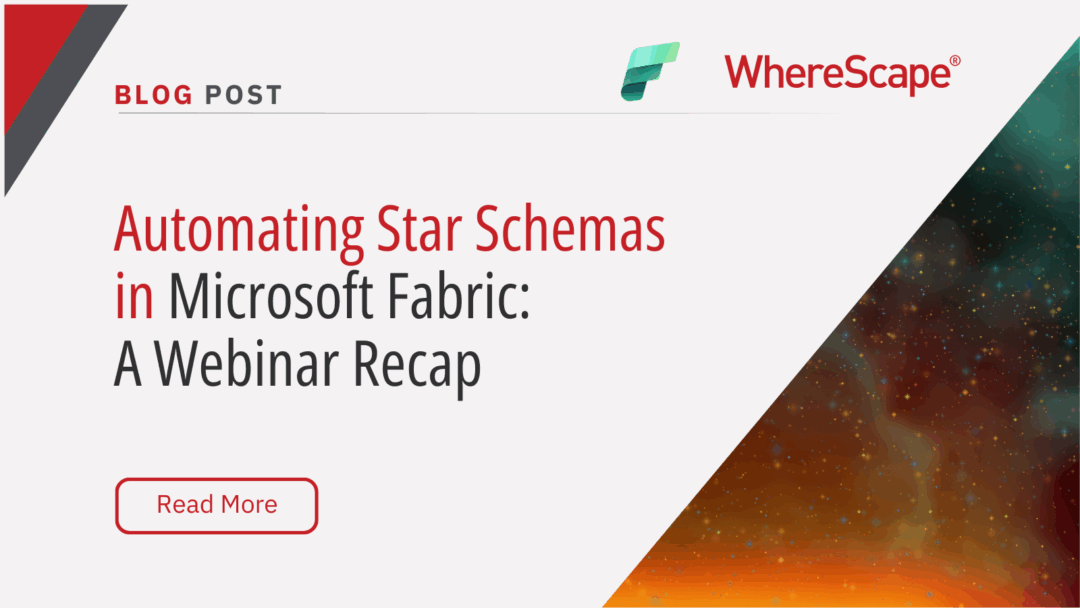
Automating Star Schemas in Microsoft Fabric: A Webinar Recap
From Data Discovery to Deployment—All in One Workflow According to Gartner, data professionals dedicate more than half of their time, 56%, to operational tasks, leaving only 22% for strategic work that drives innovation. This imbalance is especially apparent when...

